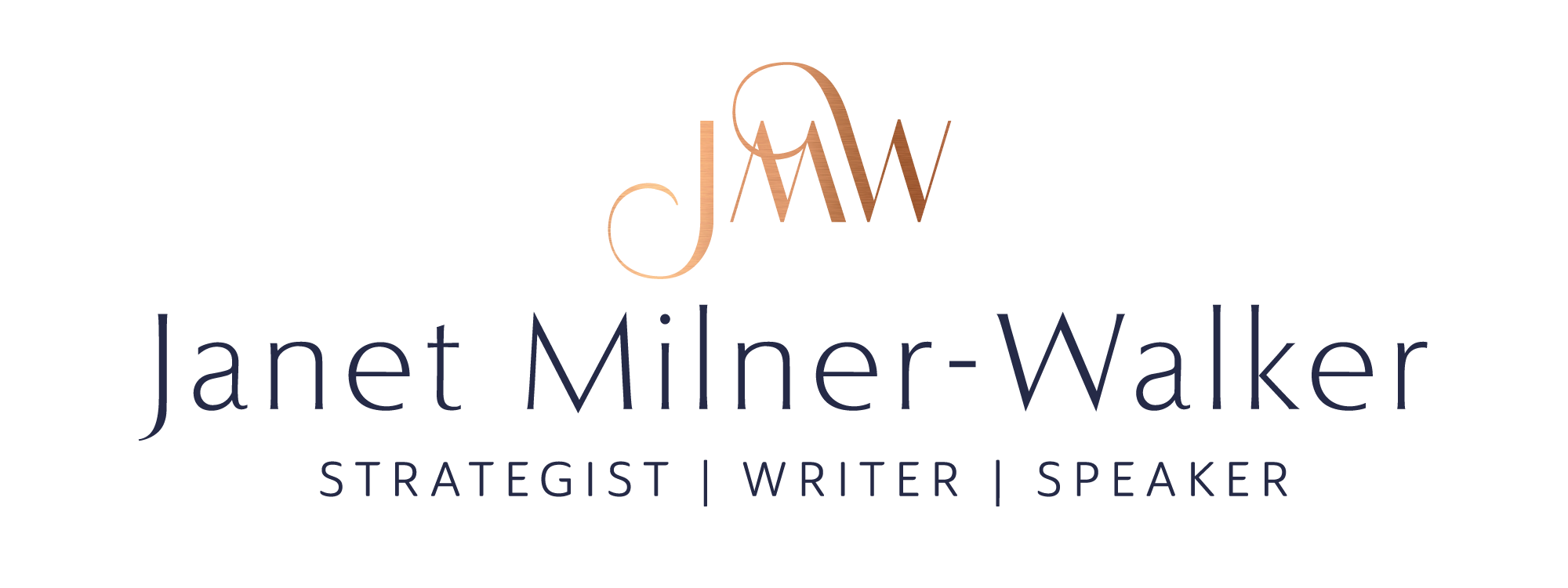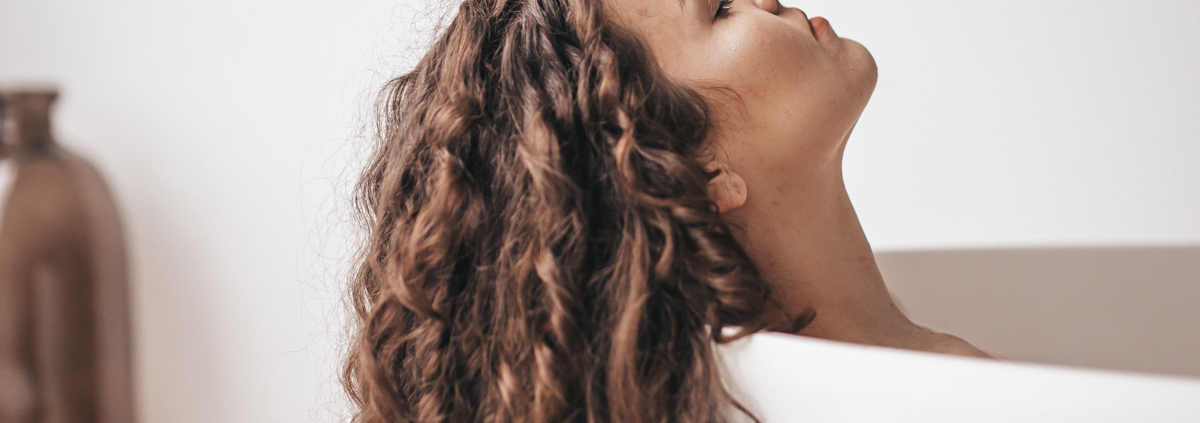Our hair is our crowning glory!
Our hair dramatically influences how we look and feel. The term ‘bad hair days’ exists for a reason and ‘Because You’re Worth It’ was coined by Loreal as an expression of self-worth, independence and empowerment, words spoken in an advert by a glamorous woman with a mane of beautiful hair. Hair is personal. Whilst we can apply cosmetics, spritz ourselves with fragrance, dress in designer clothes, and go to the gym religiously, without beautiful skin and thick lustrous hair, we can feel a sense of loss.
No More – Hair Today, Gone Tomorrow!
Janet Milner-Walker, Bespoke Advantage
During the pandemic searches on haircare spiked and according to Intelligence Platform Spate, consumers were most concerned about hair loss, hair thinning and hair damage.
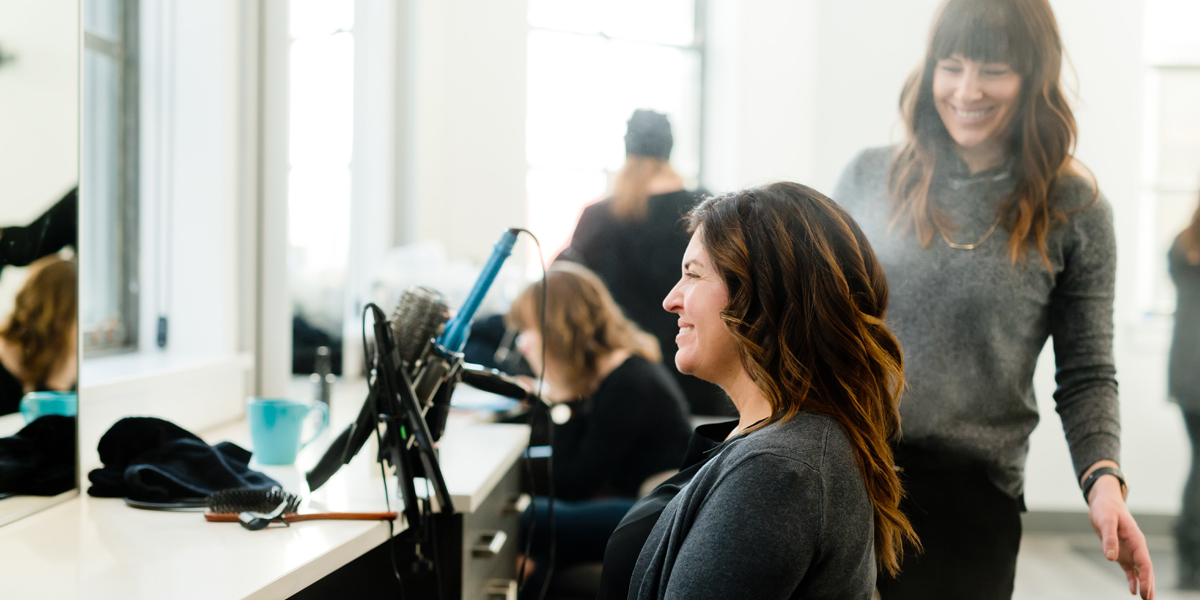
Pandemic encourages ‘self-care’ for hair
Sales were partly driven by the fact that consumers adapted quickly to caring for their hair from home through adopting regimes and applying more sophisticated products, closely aligned to ‘skincare for their hair’, otherwise known ‘skinification’ of their hair. Many consumers have become far better informed about their hair type, and specialist ingredients, much like they have of skincare.
With time on their hands, and a good reason to understand more about their hair, consumers now seek out scientific ingredients which has led to the launch of more technical and tailored products. The pandemic not only changed a consumer’s approach to hair care products, but it has also influenced the launch of new hair care brands.
Pre-pandemic numerous hair care brands relied upon hair salons to reach their end customers, however with salons closed, they needed to change their strategy, creating ecommerce platforms to directly meet consumers demands for haircare at home.
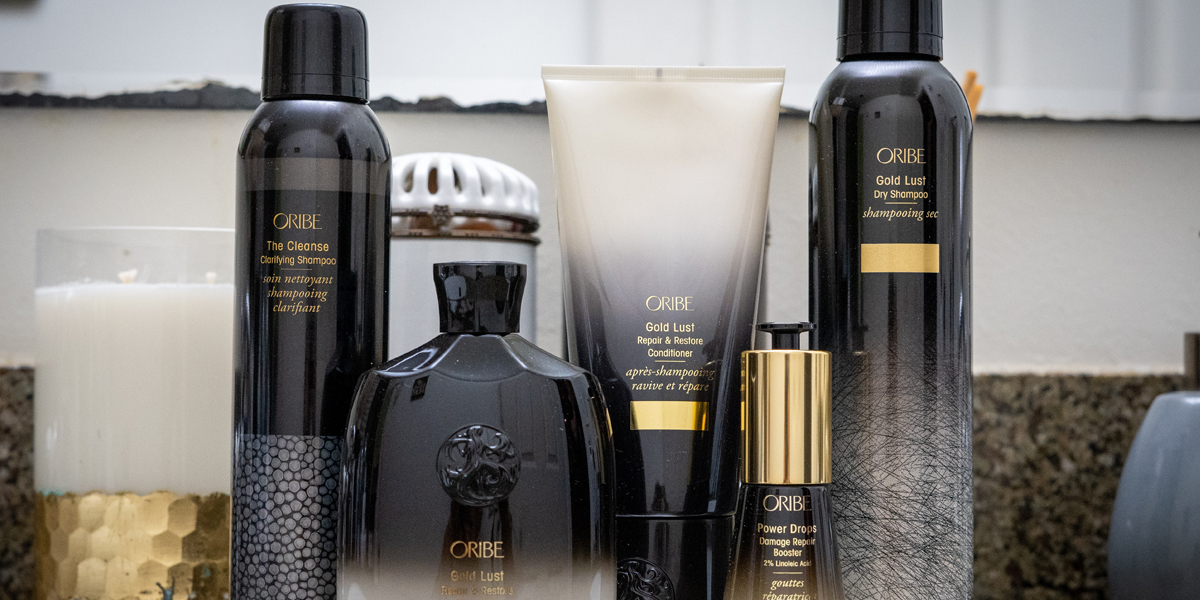
Sales of Hair Care Brands
The self-care trend has fuelled the growth of premium haircare, with consumers wanting to understand the science and technology behind products, as well as a brand’s sustainability ethos.
During 2020 Olaplex become the number one prestige haircare brand, according to the NPD Group. This is a remarkable achievement considering the brand has seven SKU’s – including a shampoo, conditioner, treatments which include its best seller No. 3 Bond Building Treatment, a hair mask, hair cream and hair oil. Between 2019 and 2020, the brand confirmed that they doubled their business. Key to their success is their tight collection of products, which they have promoted as a bundle, incentivising consumers to buy the complete set. They have confirmed that this accounts for 20 percent of their total sales.
Luxury hair care brand Oribe, which launched in 2008, identified the importance of explaining the benefits of their products, in much the same way as a skincare brand does. They found that their customers were a lot more discerning and understood far more about performance led products. In 2020 they relaunched their website and doubled their sales with their customers searching for products that formed part of a regime. Since their relaunch they have focused their marketing efforts on supporting their customers in recreating a salon experience from the sanctity of their homes.
Function of Beauty was founded in 2015 as a personalised hair care brand offering 54 trillion possible formulations of their haircare products, individually formulated to consumers hair type, preferences, and goals. They too have seen a growth in their business and have expanded into personalised skincare.
Skincare brands Drunk Elephant, Elemis and Dr Barbara Sturm have all extended their skincare offering into hair care. Jen Atkin, of Ouai, launched a range of hair care products that help to rid your scalp of congestion and improve its microcirculation, the flow of blood to each hair follicle, thanks to dissolvable sugars. Goop launched a mix of Himalayan pink salt and moringa oil to cleanse your scalp and remove product build up.
‘Whilst consumers are taking matters into their own hands this isn’t perceived as a threat to salons if anything this supports salons in providing an improved experience for their customers. The hair care market is a growing marketplace with a lot of innovation providing interesting growth opportunities for brands in the future. With consumers seeking out haircare regimes, in the same way as they are seeking out skincare regimes, this has naturally led to opportunities to launch new products and categories.’
Product Opportunities for Hair Care Brands
Scalp care is a new terminology that has moved up a notch or two. Whilst our hair is dead beyond the roots, our scalp is our skin, just because it is covered by a head of hair (or not) there is no reason why we should not be treating this as we do our face and body. A dry scalp is no longer indicative of dandruff, there are so many other factors to consider, this has resulted in the launch of new scalp care products.
Probiotics for hair – we have heard about probiotics in supplements and skincare, they are now popping up in haircare. Lactobacillus is a star ingredient used to support the skincare barrier and to stimulate growth of healthy bacteria to balance our skin’s microbiome. Probiotic hair care products balance the number of bacteria on our scalp. Innovation has focused on the anti-dandruff segment; we can now benefit from taking oral supplements and applying topical formulations to our scalp. Ouai’s scalp scrub contains a probiotic blend that helps to promote a healthy scalp and to encourage hair growth.
Scalp shampoos – dry shampoos have contributed to scalp conditions, whilst they help save time, they can play havoc with the condition of our scalp. When our hair is shiny and healthy, it secretes oils which protect it, however a build-up of sebum on our scalp can clog our pores and lead to dandruff. Scalp shampoos have been designed with two things in mind – to help cleanse our scalp from product build-up and to nourish our scalp, the best way to do this is through using a daily anti-microbial shampoo and a daily astringent.
Scalp scrub – a scalp scrub is used to deep cleanse our scalp of product build-up and to remove any signs of flakiness, and ideally should be a fine texture.
Scalp serum – is packed with ingredients to help boost the health of our scalp and can include formulations that are designed to be clarifying, hydrating, and healing, much like the serums we would choose to use on our face.
Scalp oils and treatments – many people shy away from facial oils thinking it may make their skin oilier, but in fact it helps counteract the production of over-active sebum, the same applies to our scalp. Using a scalp oil can in fact encourage healthy hair growth and improve our hair from the root to the tip.
Scalp masks – using a scalp mask once or twice a week helps to exfoliate, cleanse, and soothe our scalp and provides it with extra nourishment.
Hair masks – have been developed to transform our hair from dry and brittle to silky smooth. Heat, chlorine, and UV rays can wreak havoc on our hair. Hair masks are available in different formats – from gels to sprays and powders and contain healing and moisturising ingredients and oils.
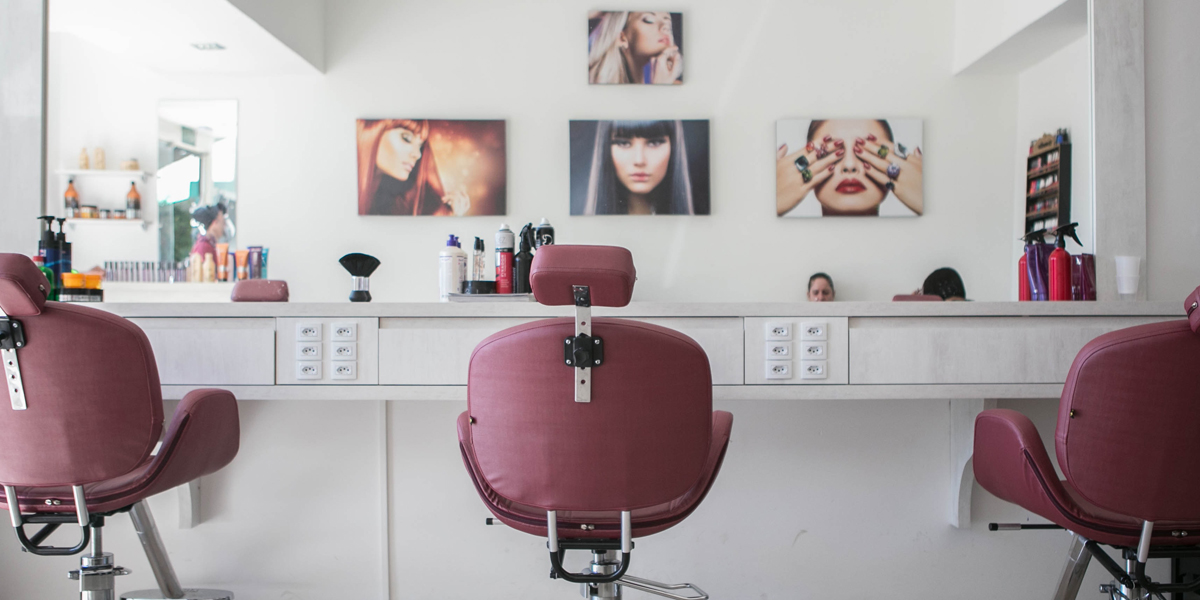
Future Trends and Sustainability
Natural and organic products, waterless formulations and sustainability are of great importance now and for the future. Loreal is working with the Ellen MacArthur Foundation’s New Plastic economy to transition all their products to 100% reusable, recyclable, or compostable packaging by 2025.
Henkel has initiated ‘Be Smarter, Save Water’ campaign to raise awareness around the responsibility of water, offering tools to calculate daily water footprint and showcase shorter shower times. Hair washing produces the largest carbon footprint in comparison with other daily rituals such as skincare and make-up. Loreal has partnered with Gjosa to create a salon shampoo and low-flow shower head to reduce the amount of water and energy consumed in a salon by nearly 70%
The water crisis in Cape Town inspired Procter & Gamble to formulate Waterl<ss a hair care range that doesn’t need water. There is also greater awareness of diversity and inclusivity, with products being tailored to specific ages and ethnicities.
Wellness is permeating the hair care industry with Givaudan creating fragrance encapsulation in hair care products, leading to fragrance being released upon touching your hair which offers calming and mind-clarifying notes to boost mental wellbeing.
CBD is providing brain boosting trends and claims in hair care formats. Hair Teas are emerging to calm nerves and relive stress, as well as combat hair dryness and lack of hair growth. They can also be poured over your hair to smooth the cuticles as a hair treatment. The hair care market continues to grow providing great opportunities for both the professional and the retail sector through innovation, and new ways of building relationships with customers.
If you would like to develop a sustainable haircare brand and are looking for support and expertise, get in touch – janet@janetmilnerwalker.com.
